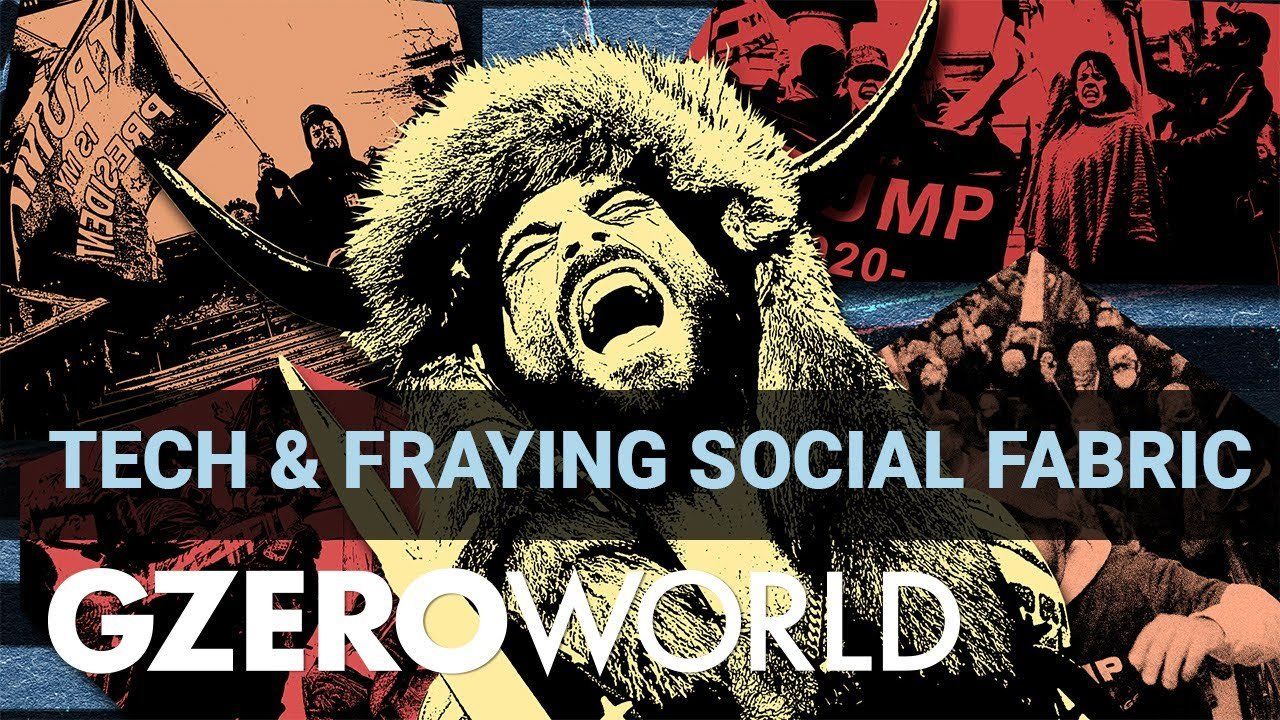GZERO World Clips
Toxic social media & American divisiveness

Toxic social media & American divisiveness | GZERO World

Are America's social and political divisions a greater threat to its future than any external force? On this episode of GZERO World, tech expert and NYU Professor Scott Galloway argues that despite its geopolitical and economic strength, America's social fabric is fraying due to “a lack of camaraderie, patriotism, and connective tissue.”
He blames social media for creating the sense that things are much worse than they are and worries that artificial intelligence may only make a growing problem much worse.
Galloway suggests antitrust measures, criminal charges, and mandatory national service as possible solutions to the problems America is facing. “I don’t think this will get better until someone a, key executive at a big tech company is criminally charged and walked off.”
Watch the full interview with Galloway on GZERO World with Ian Bremmer: The AI arms race begins: Scott Galloway’s optimism & warnings
Some of the regime’s best moments — did we miss any? #PUPPETREGIME
Mastercard Economic Institute's Outlook 2026 explores the forces redefining global business. Tariffs, technology, and transformation define an adaptive economy for the year ahead. Expect moderate growth amid easing inflation, evolving fiscal policies, and rapid AI adoption, driving productivity. Digital transformation for SMEs and shifts in trade and consumer behavior will shape strategies worldwide. Stay ahead with insights to help navigate complexity and seize emerging opportunities. Learn more here.
Gotta maximize sleigh-holder value. #PUPPETREGIME